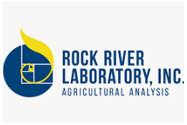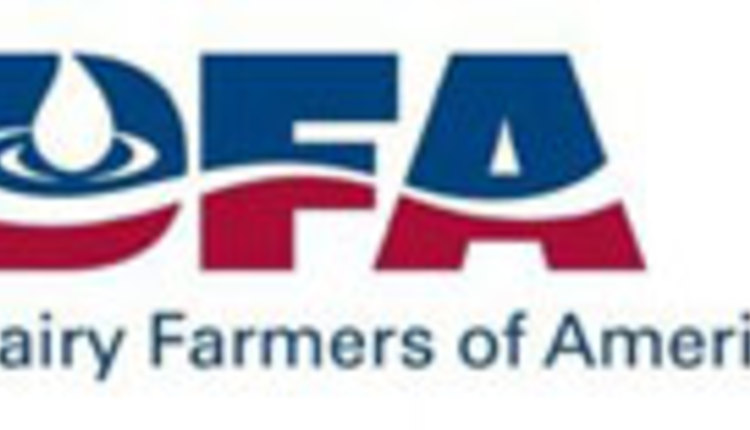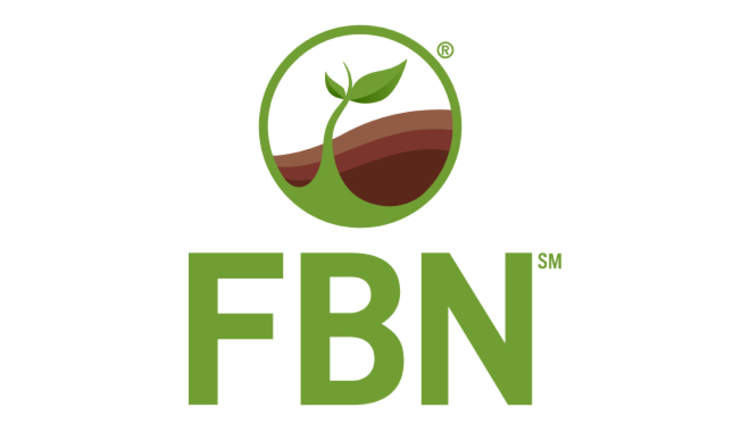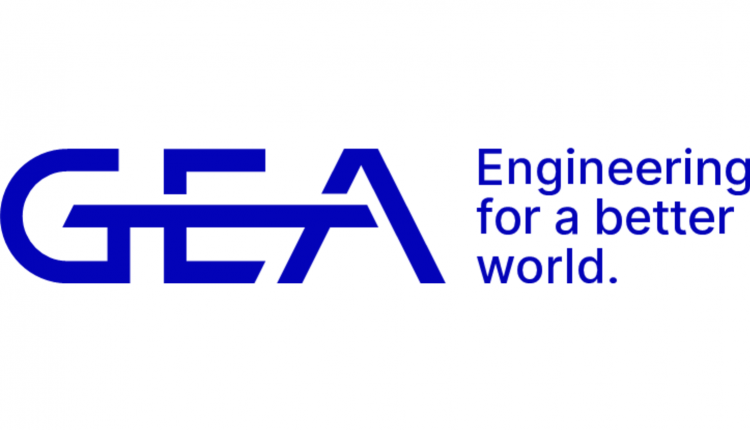The information below has been supplied by dairy marketers and other industry organizations. It has not been edited, verified or endorsed by Hoard’s Dairyman.

“Manure is an excellent fertilizer source and soil amendment,” says Nikki Wagner, CCA and nutrient management specialist for Rock River Laboratory. “It not only can supply the nutrients needed for crop production, but the organic matter in manure can also help improve soil quality and health.” Knowing this rich resource could be even more depended upon next year as input prices continue to soar, Wagner suggests a few ways to take manure management to the next level.
Analyze
Sampling manure is essential to nutrient management. “You can’t manage what you don’t measure,” says Wagner. “As a nutrient management planner, I advise my customers to sample all of their manure sources at least annually, but for liquid manure, it’s best to sample during each hauling season.”
Every farm manages its manure sources differently, and the nutrient content varies depending on weather, management practices, and other conditions. Increasing the frequency of sampling is the best way to identify trends, and gain a better understanding of baseline expectations.
“In liquid manure systems, it’s important to sample after agitation and to take several subsamples throughout pumping,” recommends Wagner. “Subsamples can be combined to form a composite sample for analysis.”
Rock River Laboratory’s basic manure analysis results include total moisture, nitrogen, phosphorus, potassium, and sulfur levels, along with an estimate of the available nutrients for crop uptake, based on the method and timing of application. The comprehensive manure analysis results include all basic information, with the addition of pH, nitrate, ammonium, and organic nitrogen in the manure.
Not all nitrogen in manure is immediately available for crop uptake, so knowing the nitrogen breakdown can help inform best management practices in manure handling. The nitrogen cycle is one of the most important cycles to all living organisms and nitrogen is one of the most challenging nutrients to manage. Whether it comes from manure or fertilizers, it is mobile both in the soil and in the plant.
Nitrate nitrogen is Wisconsin’s leading cause of groundwater contamination. It is estimated that 90 percent of nitrate in groundwater is due to fertilizer and manure applications. Unfortunately, nitrogen is not the only nutrient that needs to be managed carefully.
Overapplication of phosphorus fertilizers and manure degrades surface water quality. Knowing the nutrient content of the available manure is the first step in reducing overapplication of these key nutrients. The most accurate way to manage manure for nutrients is to sample and analyze the nutrient content.
“Plus, manure testing not only helps make informed decisions at the field level but also helps to create book values for the entire state,” reminds Wagner.
Use a certified laboratory
Using a certified manure analysis laboratory assures accurate manure analysis results.
“Certified manure testing laboratories have a proven track record of providing consistent sample results using the approved analysis procedures outlined by the University of Minnesota,” shares Wagner.
Certified laboratories are enrolled with, and report data to the Minnesota Department of Ag Manure Analysis Proficiency Program. While based in Minnesota, this is a national certification. A regular, stringent testing schedule is required to gain and maintain certification. The department sends blind samples to laboratories quarterly, which are then analyzed. The labs are scored based on the results of their analysis. If unable to pass the proficiency rounds, laboratories must complete and pass a retest to be recertified.
Equip your team
“I suggest supplying your custom manure hauler with sampling supplies upon arrival, or delegating the job to a specific person on or off the farm,” says Wagner. “Sampling supplies can be ordered for free from the Rock River Laboratory website.”
The goal of nutrient management is to adequately supply soils and plants with the nutrients necessary to produce food, forage, fiber, and cover while minimizing the transport of nutrients to ground and surface waters. Manure testing is the best tool for evaluating the supply of nutrients readily available to the farm. “By utilizing the available nutrients appropriately, farmers can look to reduce other fertilizer costs, which will be a key factor in 2023 input planning,” says Wagner. And they can do all this while also protecting the environment from over applications.
Founded in 1976, Rock River Laboratory is a family-owned laboratory network that provides production assistance to the agricultural industry through the use of advanced diagnostic systems, progressive techniques, and research-supported analyses. Employing a team of top specialists in their respective fields, Rock River Laboratory provides accurate, cost-effective, and timely analytical results to customers worldwide, while featuring unsurpassed customer service.










